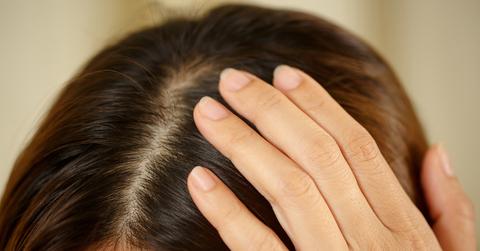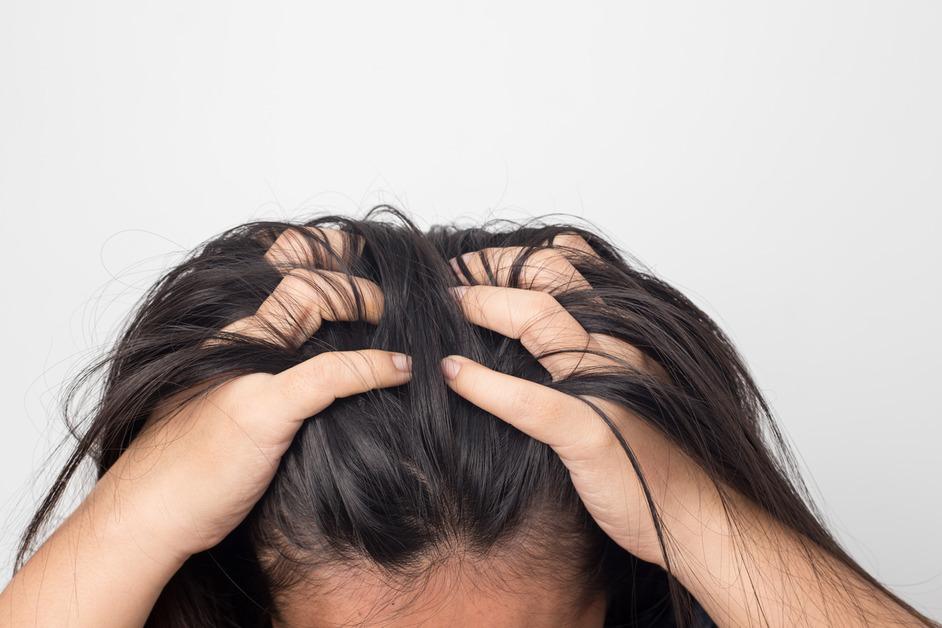Does Your Scalp Ever Hurt in One Spot? Here’s What Could Be Happening
As it turns out, scalp pain, hair loss, and previous coronavirus infection could all be connected.
Published Feb. 26 2024, 3:39 p.m. ET

You can experience scalp tenderness for a variety of reasons, some more painful and severe than others. Scalp tenderness can appear as overall tension or soreness contained within one specific area.
Pain on your scalp can be caused by anything from a tight hairstyle or headache to infections or viruses, such as the coronavirus.
Understanding why your scalp could be hurting can be a step in reducing and managing pain. However, please remember we are not doctors, and if your pain continues to increase, it’s a good idea to visit a medical professional for proper treatment. That said, here are some reasons why your scalp could be tender in one spot.

Why is my scalp tender in one spot?
Scalp tenderness can be a result of infection, headaches, and skin conditions, among other things. It can be painful, and in some cases, even lead to hair loss, per Health.
One common reason for scalp pain is dermatitis, a skin disorder where the skin comes in contact with a substance that causes it to become inflamed. Examples of this include soap, poison ivy, chemicals, hair or skin products, etc., according to Healthline.
A headache could be another cause of scalp pain. During a tension headache, the muscles become very tense which can cause scalp soreness, per Healthline.
If you wear tight hairstyles, your scalp could be in pain because of damage to the hair follicle, or blood vessel inflammation along your scalp. Wearing your hair in too-tight styles too often can not only lead to scalp pain but in some cases, hair loss, per Health.
People with psoriasis may also experience scalp psoriasis, which can cause pain in different spots on the scalp. These spots are usually itchy, sore, and dry, and can even feel like a burning sensation in some cases, Health adds.
Infections are also a common source of scalp pain. Folliculitis, one type of bacterial infection of the hair follicles, can lead to scalp tenderness and sensitivity. Fungal infections such as ringworm can appear on the scalp as bald patches, Health explains.
Some people noticed scalp tenderness or hair loss after coronavirus infections.
In 2021, a study found that coronavirus infections were causing hair loss in many patients. It is common for stress on the body such as a sickness to trigger hair loss; however, researchers noticed that the onset of hair loss for coronavirus patients was as short as four weeks, whereas in most illnesses it takes three to four months.
This type of hair loss is known as telogen effluvium and is seen often after a stressful event, such as illness, surgery, etc. However, this kind of hair loss is not permanent, and the hair will likely grow back, per GoodRx.
In another 2021 study, researchers found that telogen effluvium experienced after a coronavirus infection was sometimes associated with trichodynia or scalp tenderness. However, the study noted that a coronavirus infection does not imply hair loss will happen, or that any hair loss will induce scalp pain, just that the symptoms are a possibility after an infection.